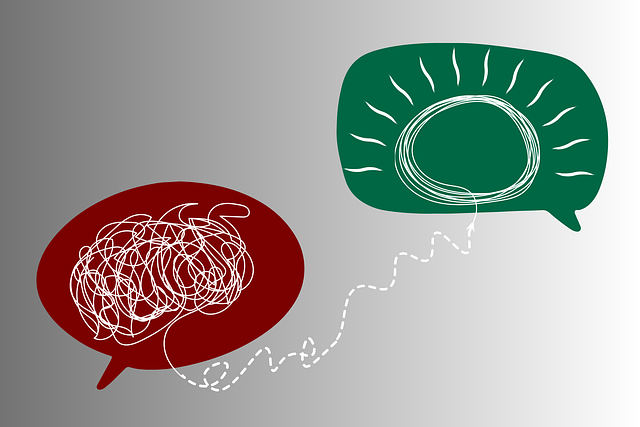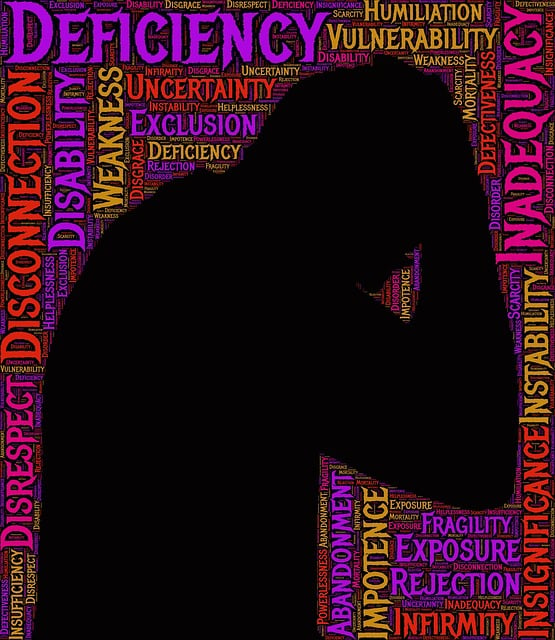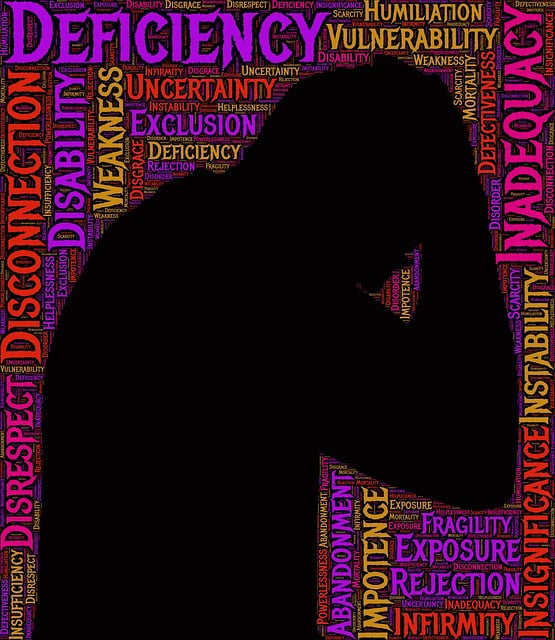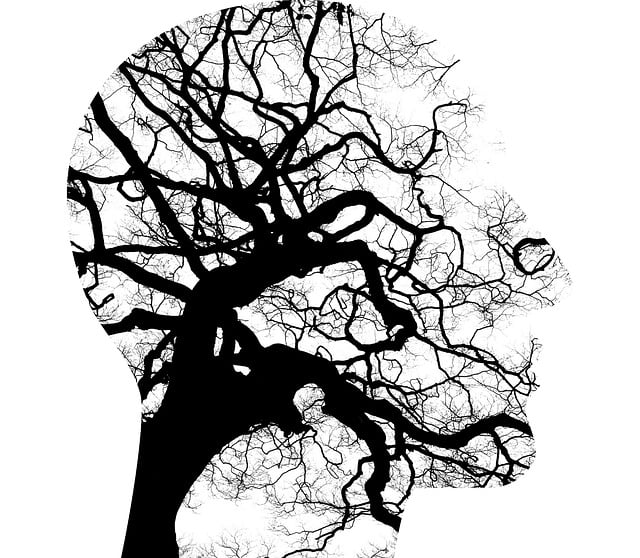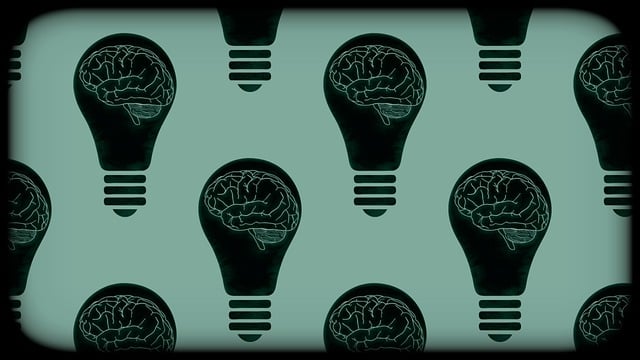Media portrayal of mental health significantly impacts societal understanding and attitudes, with accurate, positive depictions reducing stigma and encouraging support-seeking behaviors. Arvada Russian Speaking Therapy is breaking down cultural barriers related to mental health within the Russian-speaking community through specialized services and mindfulness techniques. By collaborating with media outlets to promote diverse narratives and responsible reporting, they aim to destigmatize mental illness, foster open dialogue, and provide valuable resources for improved mental wellness and burnout prevention.
Mental illness representation in media significantly impacts public understanding and awareness. This article explores the challenge of stigmatization and offers solutions through the lens of Arvada Russian Speaking Therapy, a pioneering service addressing cultural barriers. We delve into creative strategies for enhancing positive media portrayal and emphasize the importance of collaboration between therapy services and media outlets. By implementing these approaches, we can foster a more inclusive narrative, ultimately contributing to sustainable mental health awareness.
- Understanding the Impact of Media Portrayal on Mental Health Awareness
- The Current State: How Arvada Russian Speaking Therapy Addresses Stigma
- Creative Solutions to Enhance Positive Representation in Media
- Strategies for a Sustainable Change: Collaborating with Media Outlets and Therapy Services
Understanding the Impact of Media Portrayal on Mental Health Awareness

Media has a profound impact on shaping societal perceptions and understanding of mental health. The way mental illnesses are represented in films, television shows, and news stories can either perpetuate harmful stereotypes or foster empathy and awareness. Positive media portrayal of individuals managing mental health conditions can encourage others to seek support and reduce the stigma associated with these issues. Conversely, negative or inaccurate depictions can lead to further marginalization and misunderstanding. For example, showing characters with severe psychotic disorders as violent or unpredictable reinforces dangerous misconceptions.
This is particularly relevant for communities like Arvada Russian Speaking Therapy where cultural sensitivity in media representation matters. Accurate and diverse portrayals of mental health struggles within these communities can empower individuals to recognize their own experiences and seek appropriate help. Encouraging open dialogue about mental wellness through media can facilitate self-reflection, as seen in popular Mental Wellness Journaling Exercises, and provide guidance on beneficial Conflict Resolution Techniques. Moreover, positive representations can contribute to Self-Esteem Improvement by showcasing resilience and recovery, demonstrating that mental health challenges are surmountable.
The Current State: How Arvada Russian Speaking Therapy Addresses Stigma

Arvada Russian Speaking Therapy is at the forefront of challenging mental illness representation in media by actively addressing the deeply rooted stigma surrounding mental health issues within the Russian-speaking community. In a cultural context where discussions about mental wellness are often taboo, this therapy provides a safe space for individuals to openly express their struggles and seek support. Through tailored approaches, such as incorporating mindfulness meditation techniques, the therapy empowers clients to develop coping mechanisms that counterbalance burnout prevention strategies specifically designed for healthcare providers facing unique challenges in their line of work.
By fostering Mental Health Awareness, Arvada Russian Speaking Therapy is revolutionizing perceptions and encouraging early intervention, ultimately aiming to destigmatize mental illness. This proactive approach ensures that individuals from diverse cultural backgrounds receive the specialized care they need, promoting holistic healing and improved quality of life.
Creative Solutions to Enhance Positive Representation in Media

In an effort to challenge negative stereotypes and promote understanding, media outlets are increasingly adopting creative solutions to enhance positive representation of mental illness. This shift includes incorporating diverse narratives, characters with authentic struggles, and collaborations with mental health advocates, such as those from Arvada Russian Speaking Therapy. By showcasing individuals overcoming obstacles through compassion cultivation practices and empathy building strategies, media can foster a more supportive environment for viewers facing similar challenges.
One promising approach is to integrate mental health themes into popular genres, ensuring accurate portrayal without oversimplifying complex issues. This might involve developing characters with nuanced experiences of depression or anxiety, exploring recovery journeys, and even featuring conversations about seeking help. Such representations not only reduce stigma but also provide valuable depression prevention resources for audiences.
Strategies for a Sustainable Change: Collaborating with Media Outlets and Therapy Services

To bring about a sustainable change in mental illness representation, there’s a crucial need for collaboration between media outlets and therapy services. Media organizations play a pivotal role in shaping public perception, so encouraging responsible reporting on mental health can significantly impact stigma reduction efforts. This partnership involves educating journalists about various mental conditions, their causes, and effects, thereby fostering accurate portrayals in news and entertainment media.
Moreover, integrating stories from individuals who have successfully navigated mental illness, especially those from diverse backgrounds like the Arvada Russian-speaking community, can offer a more nuanced perspective. Such collaborations not only enhance awareness but also emphasize the availability of support systems, including specialized therapy services. This collective effort contributes to burnout prevention and promotes mental wellness by normalizing conversations around mental health.
The representation of mental illness in media has a profound impact on societal perceptions and awareness. By highlighting the work of innovative therapy services like Arvada Russian Speaking Therapy, we can see effective strategies at play to combat stigma. Through creative content creation and collaboration with media outlets, there is an opportunity to foster more accurate and positive portrayals of mental health. This collective effort ensures that media becomes a powerful tool to enhance understanding, reduce judgment, and ultimately support those seeking help. By implementing these strategies, we can drive sustainable change, making mental health conversations more accessible and inclusive for all.



